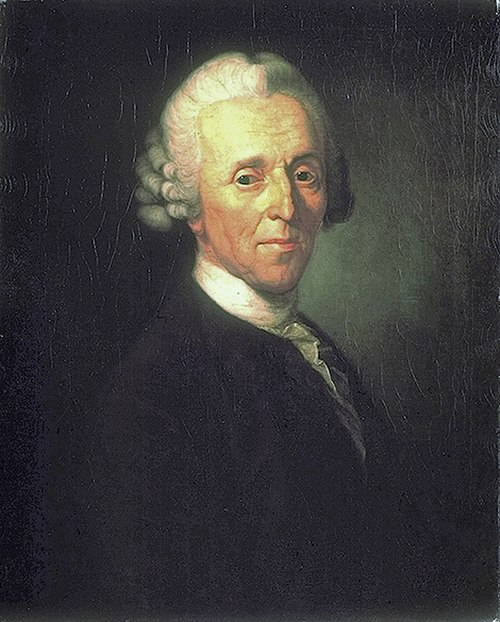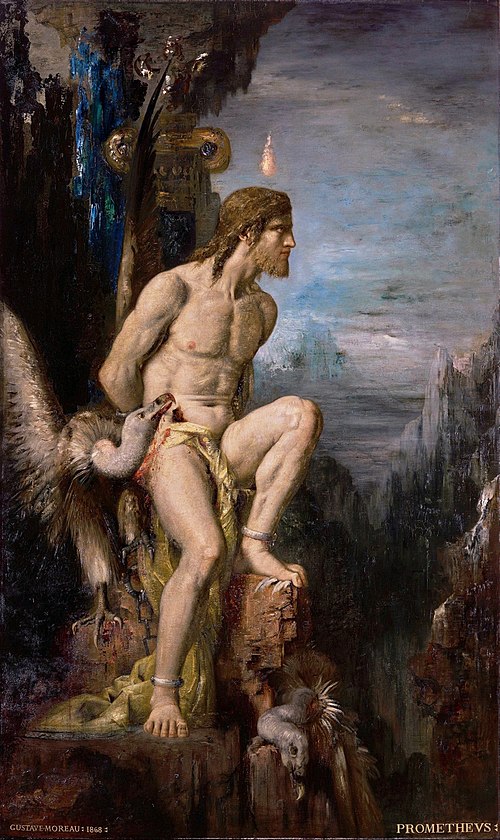Fablenoun
A fictitious narrative intended to enforce some useful truth or precept, usually with animals, etc. as characters; an apologue. Prototypically, Aesop's Fables.
Fablenoun
Any story told to excite wonder; common talk; the theme of talk.
Fablenoun
Fiction; untruth; falsehood.
Fablenoun
The plot, story, or connected series of events forming the subject of an epic or dramatic poem.
Fableverb
To compose fables; hence, to write or speak fiction; to write or utter what is not true.
Fableverb
To make up; to devise, and speak of, as true or real; to tell of falsely; to recount in the form of a fable.
Fablenoun
A Feigned story or tale, intended to instruct or amuse; a fictitious narration intended to enforce some useful truth or precept; an apologue. See the Note under Apologue.
Fablenoun
The plot, story, or connected series of events, forming the subject of an epic or dramatic poem.
Fablenoun
Any story told to excite wonder; common talk; the theme of talk.
Fablenoun
Fiction; untruth; falsehood.
Fableverb
To compose fables; hence, to write or speak fiction ; to write or utter what is not true.
Fableverb
To feign; to invent; to devise, and speak of, as true or real; to tell of falsely.
Fablenoun
a deliberately false or improbable account
Fablenoun
a short moral story (often with animal characters)
Fablenoun
a story about mythical or supernatural beings or events
Fable
Fable is a literary genre: a succinct fictional story, in prose or verse, that features animals, legendary creatures, plants, inanimate objects, or forces of nature that are anthropomorphized, and that illustrates or leads to a particular moral lesson (a ), which may at the end be added explicitly as a concise maxim or saying. A fable differs from a parable in that the latter excludes animals, plants, inanimate objects, and forces of nature as actors that assume speech or other powers of humankind.
Mythnoun
A traditional story which embodies a belief regarding some fact or phenomenon of experience, and in which often the forces of nature and of the soul are personified; a sacred narrative regarding a god, a hero, the origin of the world or of a people, etc.
Mythnoun
(uncountable) Such stories as a genre.
Mythnoun
A commonly-held but false belief, a common misconception; a fictitious or imaginary person or thing; a popular conception about a real person or event which exaggerates or idealizes reality.
Mythnoun
A person or thing held in excessive or quasi-religious awe or admiration based on popular legend
Mythnoun
A person or thing existing only in imagination, or whose actual existence is not verifiable.
Mythnoun
A story of great but unknown age which originally embodied a belief regarding some fact or phenomenon of experience, and in which often the forces of nature and of the soul are personified; an ancient legend of a god, a hero, the origin of a race, etc.; a wonder story of prehistoric origin; a popular fable which is, or has been, received as historical.
Mythnoun
A person or thing existing only in imagination, or whose actual existence is not verifiable.
Mythnoun
a traditional story accepted as history; serves to explain the world view of a people
Myth
Myth is a folklore genre consisting of narratives that play a fundamental role in a society, such as foundational tales or origin myths. The main characters in myths are usually non-humans, such as gods, demigods, and other supernatural figures.































